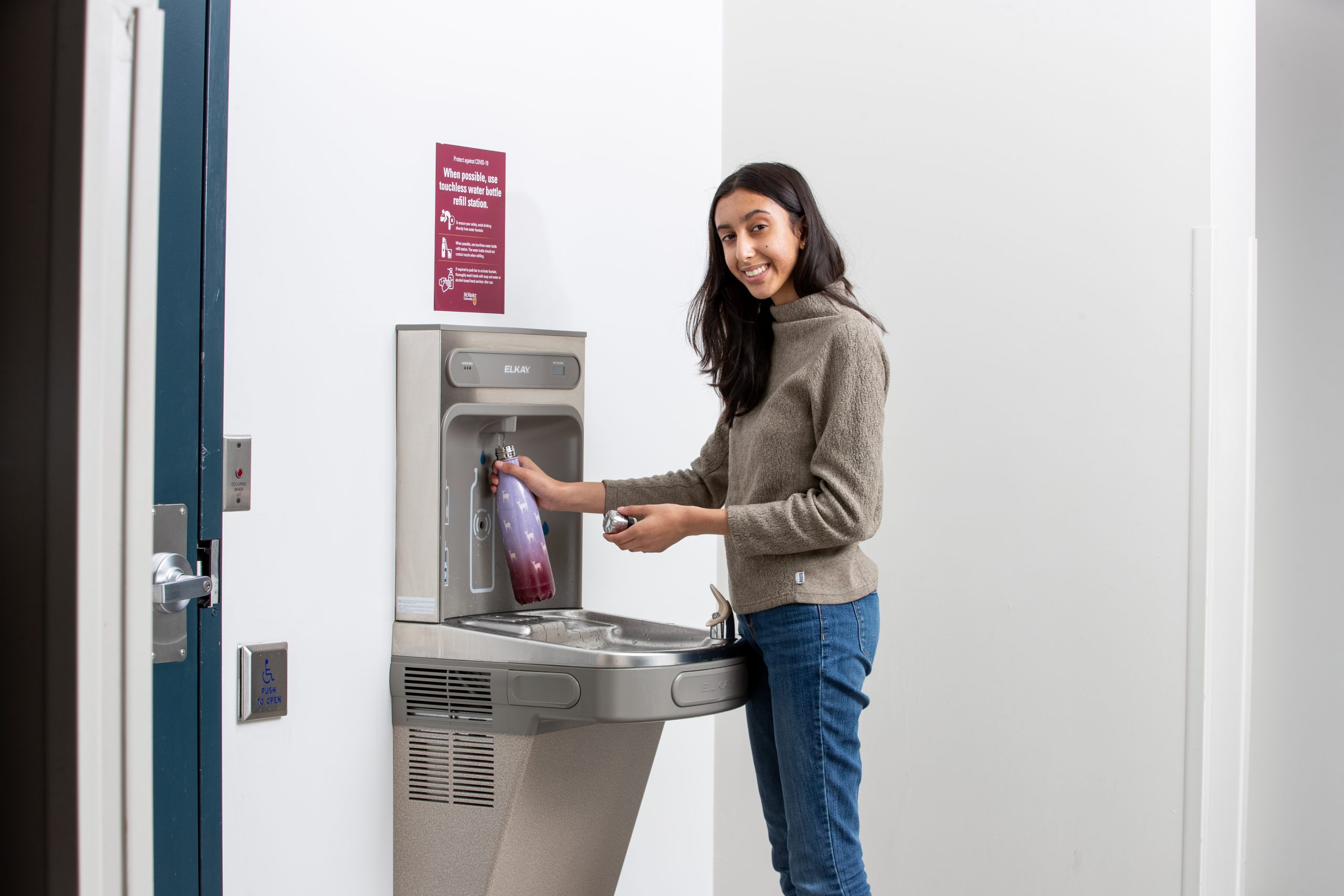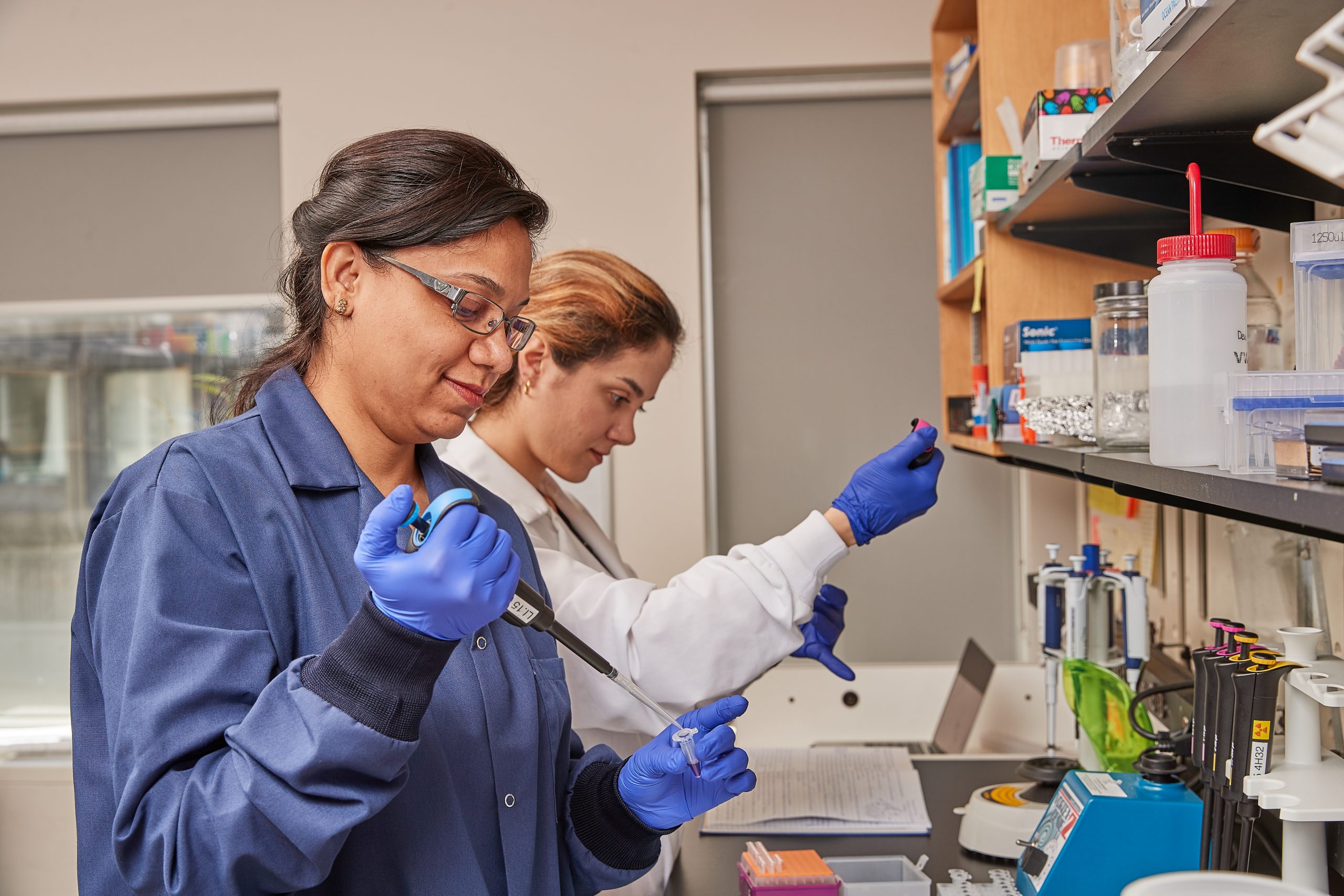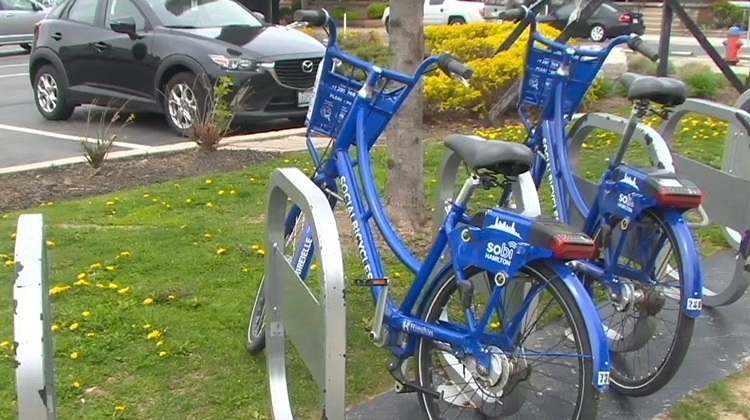McMaster University is dedicated to implementing strategic practices to improve sustainability and set new standards for the university and the surrounding communities. This is made evident through the office of the presidents dedication to sustainability and the resulting 2022-2026 Sustainability Strategy.
The universities top priority is transforming McMaster’s campus into a living laboratory for sustainability, accessibility, and inclusion. The Presidents Office, the Sustainability Office, Nature at McMaster and other community organizations are joining forces to accomplish this momentous mission and continue to establish McMaster University as a leader in fight against Climate change.
How do you practice sustainability at your home and on campus? Let us know by tagging @naturemcmaster on Instagram!
For more information about McMaster Universities sustainability policies, please review the 2022 Annual Sustainability Report.
Information Box Group

Sustainable Culture on Campus Sustainability Office
The ACCESS technology drives, McMaster’s community fridge, water bottle refill campaigns, sustainable procurement, and the native bee project on campus are all examples of ongoing sustainable programs on campus.
These programs, accompanied by the ongoing leadership of the Sustainability office and the Nature at McMaster team, foster a culture of sustainability on campus.

Teaching, Learning and Research Sustainable Learning
McMaster University prioritizes sustainable research through interdisciplinary research and digital learning. By utilizing sites on campus, McMaster Forest and the Carbon Sink as a living lab, McMaster is leading in the fight against climate change and innovating in sustainable research and education.

Sustainable Infrastructure Learn More
McMaster is creating a self-sustaining campus by focusing on promoting active transportation, protecting biodiverse ecosystems and developing self-sustaining food systems.
Hamilton Bike Share, the Academic Sustainability Program, McMaster Student Wellness Centre and MSU Food Collective Centre have created infrastructure on campus to ensure health, wellness and support for sustainable lifestyle choices.

